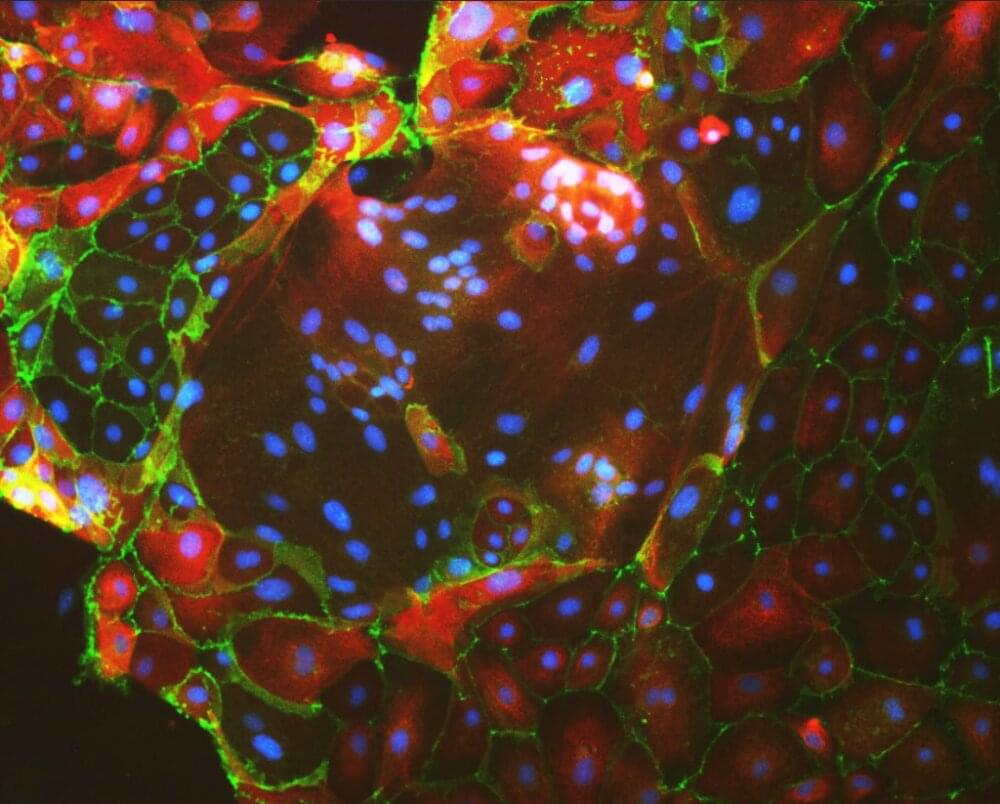Prof. Yossi Buganim and his research team at the Faculty of Medicine at the Hebrew University of Jerusalem have achieved a groundbreaking milestone in the field of cell reprogramming. Their latest study, published in Nature Communications, reveals a remarkable breakthrough in converting skin samples into functional human placenta cells. This achievement has significant implications for understanding pregnancy development, studying pregnancy-related diseases, and advancing cell therapies.
The research opens new avenues for investigating the causes of infertility, complications during pregnancy, and long-term health implications for both mothers and babies.
Reprogramming cells to assume new identities has been a focus of Prof. Buganim’s lab, which utilizes specialized proteins to modify gene expression. By transforming skin cells into other cell types, the team enables the study of specific diseases and the potential development of cell-based therapies. However, accessing cells from the placenta, a critical organ in pregnancy, has long been a challenge due to technical and ethical constraints.
